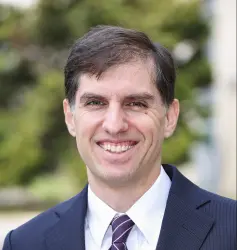This analysis is part of the USC-Brookings Schaeffer Initiative for Health Policy, which is a partnership between Economic Studies at Brookings and the University of Southern California Schaeffer Center for Health Policy & Economics. The Initiative aims to inform the national health care debate with rigorous, evidence-based analysis leading to practical recommendations using the collaborative strengths of USC and Brookings.
Matthew Fiedler provided comments to the Centers for Medicare and Medicaid Services on proposed rule that would permit people with incomes below 150% of the federal poverty level (FPL) to enroll in coverage through the Health Insurance Marketplaces established by the Affordable Care Act at any time during the year, rather than solely during the annual open enrollment period.
Fiedler’s letter makes three main points:
- Experience from Massachusetts, which has a similar policy, suggests that the CMS proposal would increase Marketplace enrollment. A reasonable estimate based on the Massachusetts evidence is that CMS’ proposal would increase Marketplace enrollment among people with incomes below 150% of the FPL by around 350,000 life-years in its second year in effect.
- Modeling suggests that the proposed policy would cause only a modest, if any, increase in the premiums of ACA-compliant individual market plans. This fact, together with the fact that the premium tax credit shields the large majority of individual market enrollees from premium increases, implies that any decline in enrollment due to higher premiums would offset only a small portion of the gross coverage gains due to the CMS proposal.
- The low-income people who gained coverage via the CMS proposal would benefit from greater financial protection and improved access to care. In light of the modest estimated effect on individual market premiums and the small number of unsubsidized enrollees, the overwhelming majority of the additional claims and other costs resulting from the policy would be financed by the federal government via higher premium tax credit payments. After weighing both sides of this tradeoff, Fiedler recommends that CMS finalize its policy as proposed.
Read the full comment letter here.




Commentary
Op-edComments on a CMS proposal to allow year-round Marketplace enrollment for low-income people
August 2, 2021